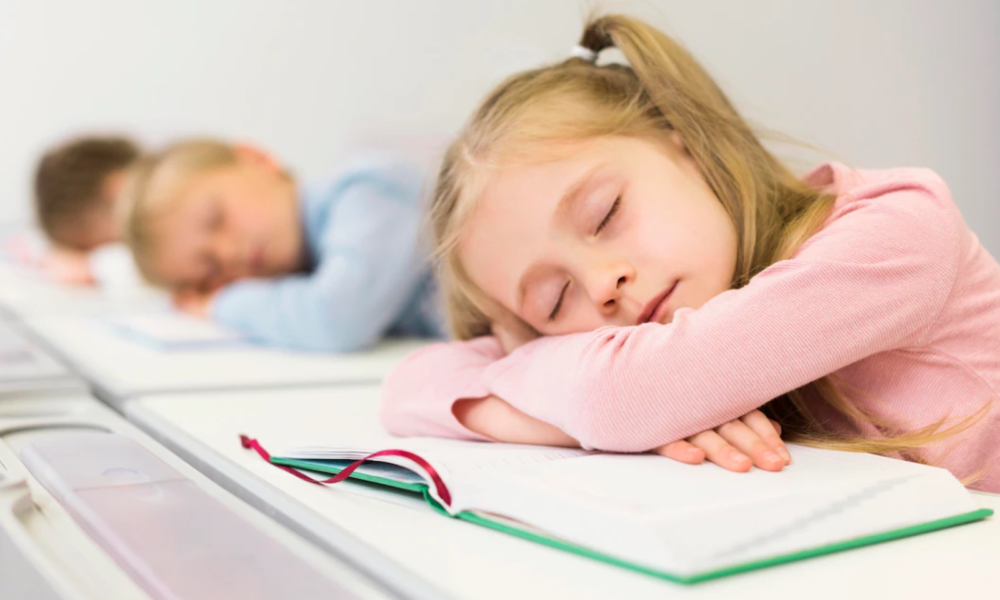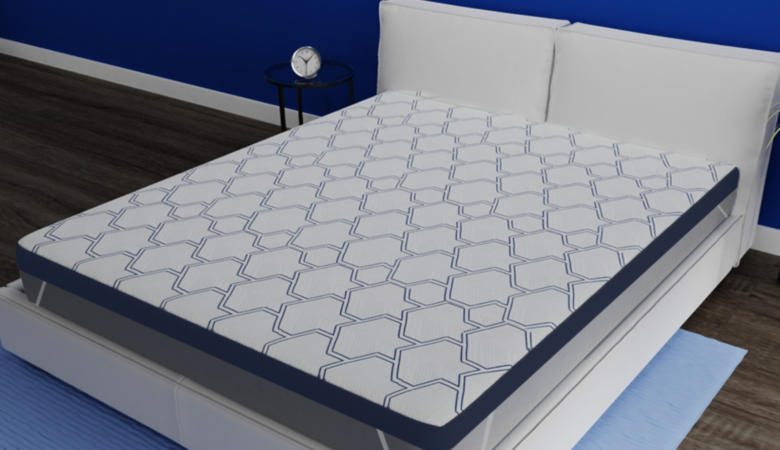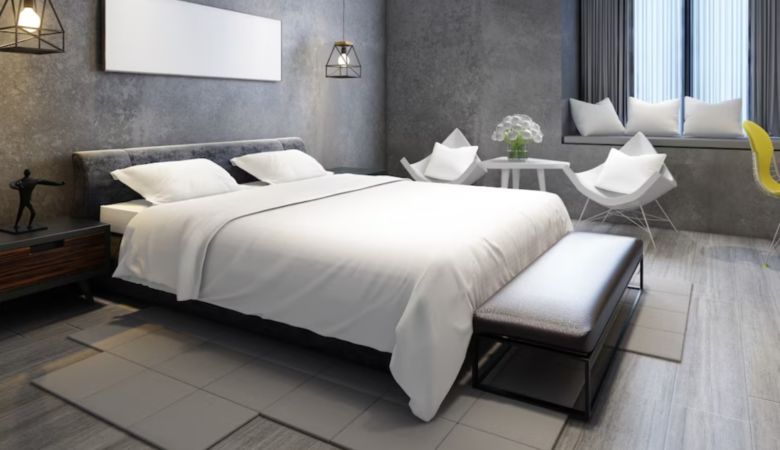In addition to the fact that quality sleep is essential for the proper operation of every bodily system, researchers have discovered a clear relationship between our sleep patterns and our capacity for memory consolidation and learning.
Children and teenagers may struggle with attention, memory, and problem-solving skills if they don’t get enough sleep. Lack of quality sleep can also contribute to emotional problems and behavioural disorders that may impair academic performance.
Prioritising sleep is crucial for parents who want their kids to do well in school. Parents may support children and teenagers in their academic endeavours by understanding the origins, effects, and solutions to sleep problems.
Are Kids and Teenagers Getting Enough Sleep?
Age-related differences in sleep requirements exist. The National Sleep Foundation advises 9 to 11 total hours of sleep per day for school-age children aged 6 to 12. 8 to 10 hours a day of rest are advised for teenagers.
Unfortunately, studies have shown that many kids don’t get enough sleep. It’s estimated that up to 25% of younger kids experience sleep problems and excessive daytime sleepiness.
According to more research, teenagers require between eight and ten hours of sleep per night. This is more than what an adult or child would need. However, most teenagers, and some less, only receive 6.5 to 7.5 hours of sleep per night.
Chronic sleep deprivation results from routinely not getting enough sleep. This may significantly impact a teen’s mental health, raising their risk of despair, anxiety, and low self-esteem. It might also have an impact on students’ schoolwork.
Why is Quality Education so Dependent on Good Sleep?
A student’s general health and well-being are influenced by getting enough sleep. Students should receive the recommended amount of quality sleep each night to help them concentrate, stay focused, and perform better in class. Lack of sleep increases the risk of various health issues in children and adolescents, including obesity, type 2 diabetes, poor mental health, and accidents.
Additionally, they are more likely to have attentional and behavioural issues, which might hinder their academic success. Experts in the field of sleep firmly believe that children and teenagers who don’t get enough sleep suffer from decreased cognitive function and poor academic performance. Many of the same consequences are thought to occur in younger people, although most study on sleep deprivation has been done on adults.
The research suggests that inadequate sleep can negatively impact academic achievement in several ways, even though fewer studies have focused on children’s sleep deprivation.
What Impact Does Poor Sleep Have on Academic Performance?
All children, especially adolescents, need to sleep to be healthy, but how age affects sleeping issues and academic achievement can vary. Teenagers, in particular, have special sleep issues that can make school challenging.
Teenagers face a hormonal shift in sleep patterns that starts around puberty. They are more likely to be “night owls” due to this transition, which typically causes their internal clock to advance by about two hours.
Many teenagers struggle to get enough sleep if they have to get up early for school or other activities since they tend to go to bed later. As a result, between the ages of 13 and 19, the night’s sleep drops by 40 to 50 minutes on average.
Teenagers who don’t get enough sleep are more likely to experience the negative consequences of sleep deprivation on their cognitive, behavioural, and physical health, which can affect their academic performance. Additionally, many teenagers struggle with lessons and tests early in the school day since they frequently feel most alert later in the afternoon or evening.
What can Parents do?
It makes sense for parents to want to support their kids in school in every way possible. Parents can make encouraging sound sleep a priority in their children’s education, given the significance of sleep for academic performance.
The first step toward better sleep is frequently to talk with youngsters about good sleep habits and their advantages. Understanding the importance of getting enough sleep for the entire family can serve as a springboard for taking doable actions to enhance sleep. Parents should try to set an example for their children by modelling healthy sleeping patterns, which can improve parental health.
Make getting enough rest a family priority. Know the value of adequate sleep and how it affects your general health and the health of your kids. Making sleep a priority for yourself demonstrates to your kids that it is a necessary component of leading a healthy lifestyle, just like eating well and exercising frequently.
Choosing the Right Mattress can Support Better Sleep.
When it comes to their children’s well-being, parents frequently take no shortcuts, whether in the areas of diet, health, education, etc. It’s time to cross off the mattress from the list. Yes, a mattress is essential to your child’s health and well-being.
Think of it, when you pay so much attention to buying a mattress for your baby, then what about a good one as the child grows up too?
Mattress for children is equally crucial. And it’s critical to find the ideal mattress for them at each stage. Sleep quality strongly impacts their behavioural, physical, and emotional characteristics, and a restful night’s sleep also improves their memory.
So, if you’re wondering how to choose the ideal child’s mattress, there’s a solution! At Livpure, you can find a vast collection of memory foam mattresses, latex foam mattresses and regal foam mattresses. You can check out a Livpure mattress king size or a Livpure queen size one too if you’ve got a younger child who prefers to sleep in the same bed as you and your partner.
Memory foam is a cosy, calming material used frequently in pillows and mattresses. It conforms to the body’s shape and offers proper spinal alignment. The mattress evenly distributes body weight, offering satisfying relaxation and promoting relaxed, restful sleep. your Livpure sleep mattress will last for many years and is solid and long-lasting.
Additionally, you can also check out the Livpure orthopaedic mattress when considering buying one. Check out the Livpure best mattress range to make an informed choice.
The Bottomline
Children are going through a time when their bodies and brains are undergoing significant development at this age. Your responsibility as a parent is to establish these straightforward rules, encourage them along the way, be understanding, and ride the wave with them.
Keeping these things in mind will enable you to maintain your ground and insist that your child goes to bed reasonably so they can get a decent night’s sleep when they dispute with you about staying up late, especially on a school night.








